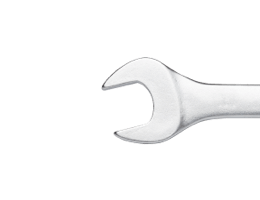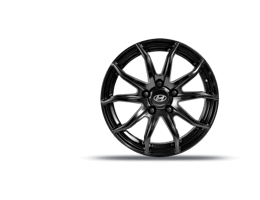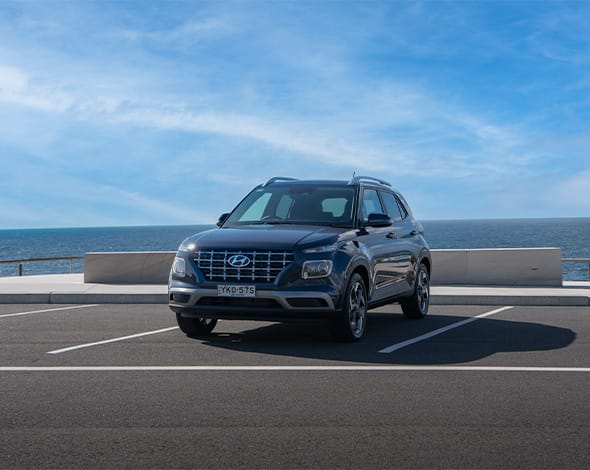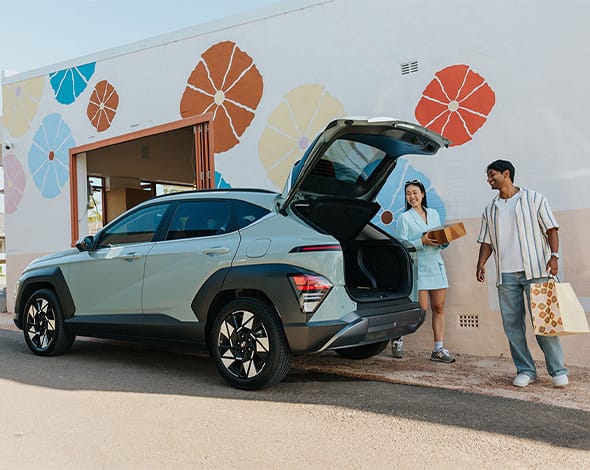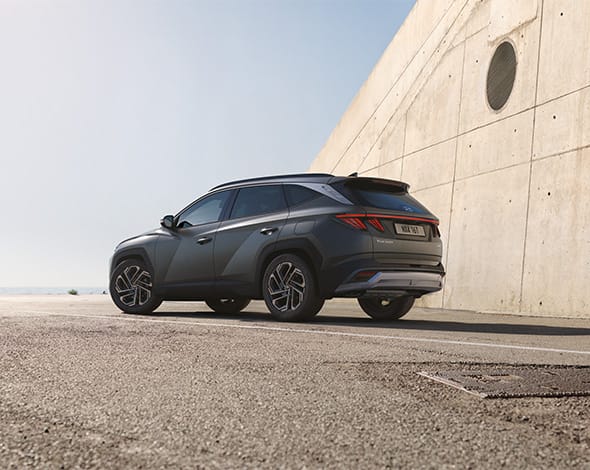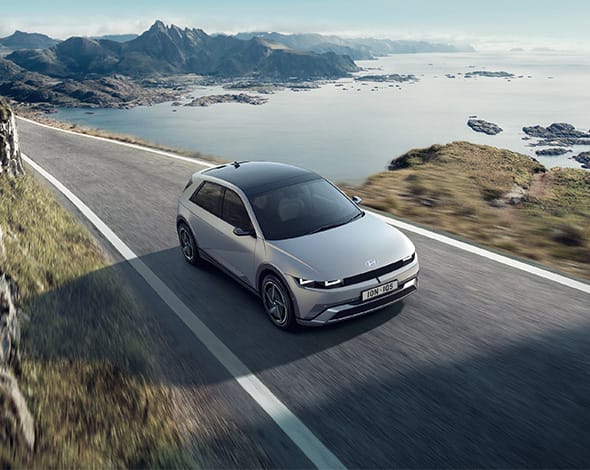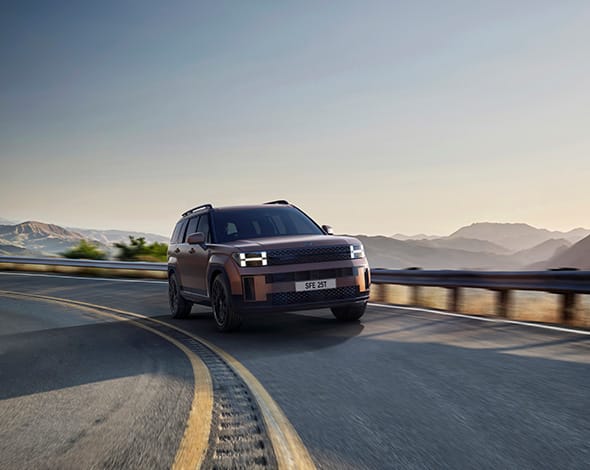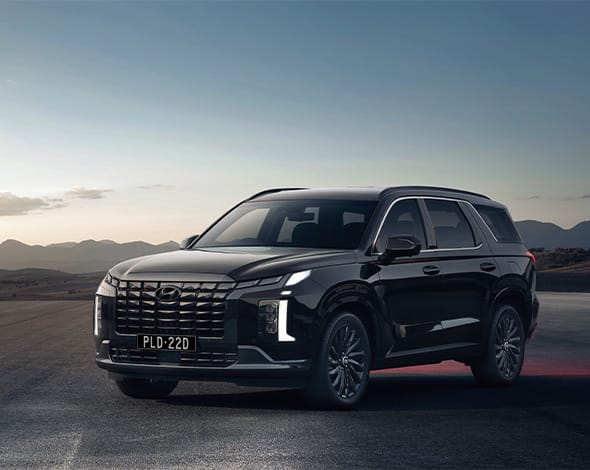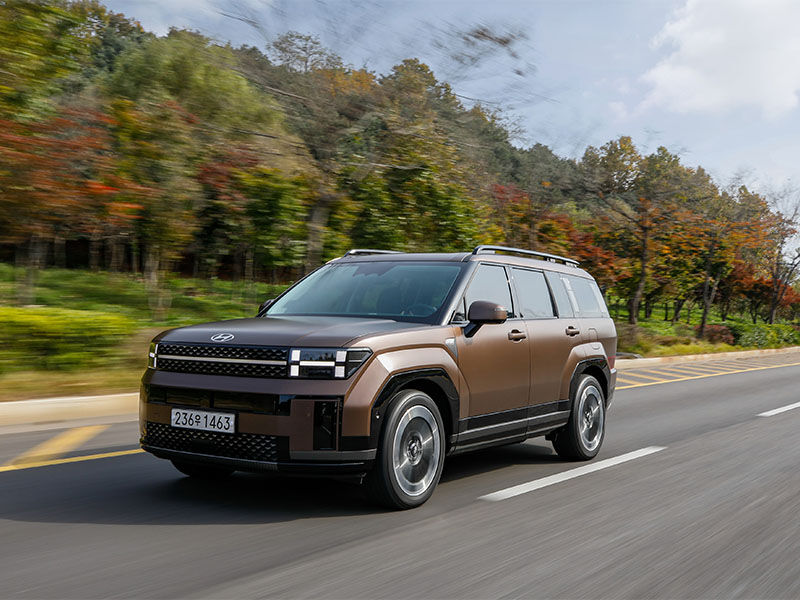SUV or Hatchback: Which is right for you?
Which is right for you?
SUVs and hatchbacks are both fantastic options, loaded with unique advantages for owners. The question is: which model best suits your situation and requirements?
That’s where we come in to help you figure out what fits you best.
What is an SUV?
A Sports Utility Vehicle, or SUV, is defined by its distinctive body shape – one that usually stands taller on the road than a hatchback or sedan. This height often allows for more confident visibility and a more versatile driving experience, whether you’re navigating city streets or heading off the beaten track. Many SUVs also offer increased interior space and seating for up to seven or eight passengers, making them a popular choice for families and active lifestyles. Benefits of SUVs include:
- Better view of the road: SUVs stand taller than most vehicles, offering the driver a high level of road visibility.
- More space: SUVs are generally roomy in the interior and rear storage because of their size. They often seat more passengers than hatchbacks, or at least they can seat passengers more comfortably.
- Ground clearance: The SUVs' height allows them to glide over rough and bumpy terrain more easily, which is great if you live in an area that requires off-road driving.
- Ease of access: Because SUVs sit higher off the ground, they’re often easier to get in and out of compared to lower cars like sedans or hatchbacks. This can be especially helpful for older passengers or anyone with limited mobility.
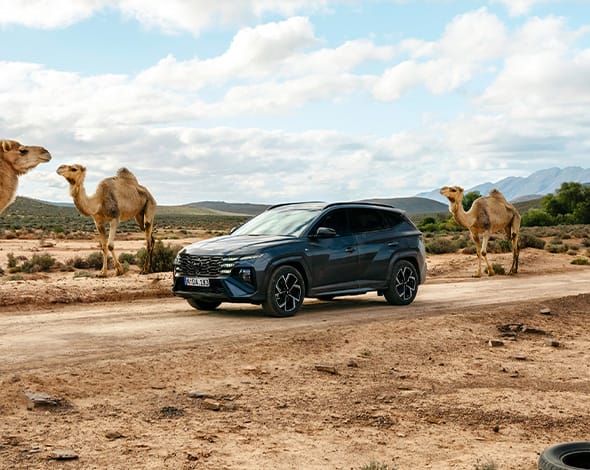
What is a Hatchback?
Hatchbacks are typically two or four-door vehicles with a tailgate that flips upwards, called a hatch. They’re designed with a compact body that combines the passenger area and boot space into one, making them practical for everyday use and city living. Benefits of hatchbacks include:
- Compact size: The shorter length and height of hatchbacks allow them to more easily manoeuvre narrow roads and access tight parking spaces.
- Versatile space: The ability to fold down the rear seats allows for a significantly larger cargo space when required.
- Fuel-efficiency: Many hatchbacks are designed with smaller engines and lighter frames, which can contribute to better fuel economy, though it ultimately depends on the engine and drivetrain of each individual model.
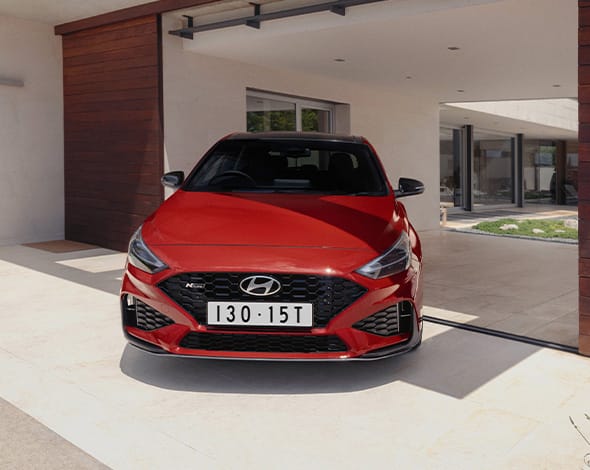
Compare Hyundai SUVs.
Compare Hyundai Hatchbacks.
i30 N Line.
Experience Australia’s top-selling hatch like never before. Powered by the new 1.5 T-GDi Mild Hybrid engine and elevated with styling inspired by our high-performance N range, the new i30 N Line is the ultimate urban explorer.
Discover i30 N Line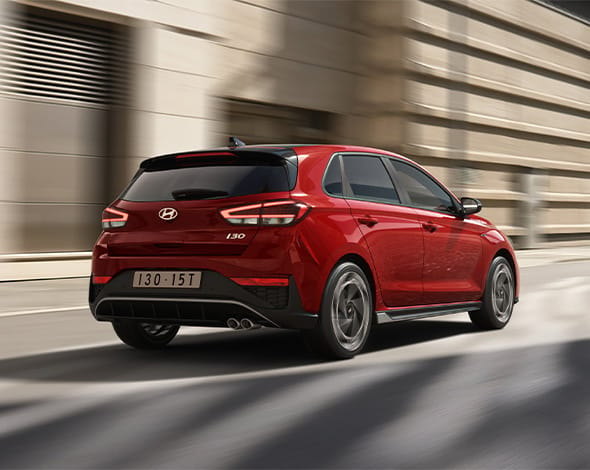
i30 N.
With the i30 N, even a routine trip to the shops is a thrill. Enjoy updated front and rear styling, more tech, and an enhanced interior that make Hyundai’s original high-performance hatch more exhilarating than ever.
Discover i30 N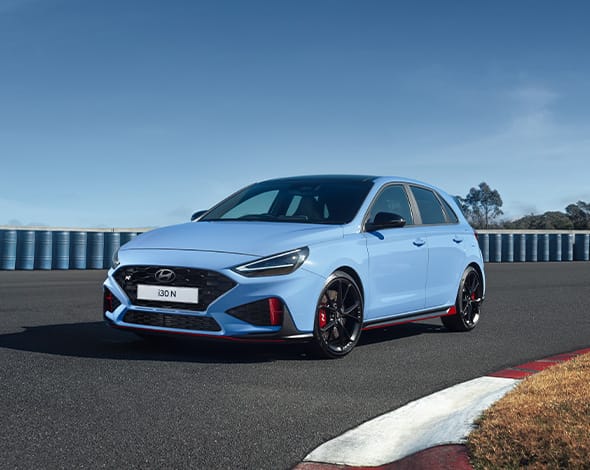
Frequently Asked Questions.
-
Regardless of whether you choose a Hyundai SUV or hatchback, you can drive with more peace of mind knowing it’s equipped with a suite of Hyundai SmartSenseTM innovations. Using sensors, cameras and intelligent software, it’s designed to support safer driving by helping you stay aware of your surroundings and potential hazards.
-
Deciding between a hatchback and an SUV comes down to your lifestyle and needs. If you live in a busy city, the compact shape of a hatchback might make parking and tight turns easier.
But if you’re after more space for passengers, gear or towing capability, an SUV offers greater flexibility. With higher ground clearance and a taller driving position, SUVs are a great match for families, road trips, and weekend escapes beyond the city
